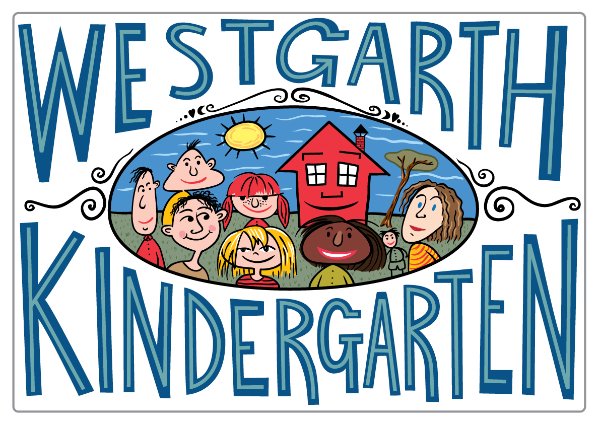About Us
We recognise children as knowledgeable, whose intelligence is based on experiences within their contexts and whose learning begins when these experiences are challenged (Glaserfeld).
We support children’s play, it is their work; it is used by them to practice what they know and to explore the unknown. We advocate for children to play in nature; they are happier, smarter, healthier and kinder when they do (White). We honour the child’s right to ‘not know’ and their right to experience all the emotions that ensue ‘knowing’.
Our pedagogy is deliberate and based on issues of social justice, local issues and current research. We are activists and willing to reform our approaches and perspectives in response to an evolving community.
Our Community Endeavours:
To be kind
To have time
To act on behalf of the community foremost
To act as custodians
To coexist through recognising the differing abilities and skills sets of each other
To recognise gender and age equity and equal outcomes
To be culturally competent
To question social norms and customary rules
To share knowledge and practice
To be courageous
To know participation within our community is a continuum
Our Strategic Plan
Our parents and educators came together with feedback to develop a core strategic plan. The plan was then workshopped by the 2023 committee to make sure it aligned with our philosophies.
To read more about our strategic plan including insights from the kindergarten community survey, strategic priorities and more, please go here.
When to Begin Kinder?
Each year a number of children begin kinder too early. Whilst these children are eligible because of age and are normally developing; one year (of even the most wonderful kindergarten) will not see them in a position to thrive at school the following year.
Kindergarten curriculums are proudly responsive to individual needs. Educators have the professional knowledge to adapt to ensure that each child has optimal learning opportunities. However, services and educators are under pressure. When asked “Is my child ready for school?” and the answer is “not really” it is often cushioned with language like “I think they will cope” or “Perhaps another year of kinder would be of benefit”. Teachers are then in a position where they feel compelled to apply for a second year of funding (for normally developing, not ready children). We are also aware that children may end up attending school when the kindergarten environment is where they should be. Parents are sending children to school because of eligibility - not readiness. It’s not a good way to start primary school.
We would like parents to be aware that starting school later may benefit their children. Eligibility because of age is only one criteria for beginning (prekinder, kinder, school).

